When Clare and I met each other online we quickly scheduled a call to speak about how we could collaborate, how could we amplify each other and make our feminist message louder.
We shared some rants, nodding, and agreed about the amount of work yet to do in the world, the importance of intersectionality, how we could be better and do better and the intensity of being an entrepreneur and a parent in the middle of a pandemic. Is great having people in your network doing great things that you can relate with! And for me it is such a privilege to interview her and hear more about her feminism, her vision and recommendations!
What is Not Only Pink and Blue?
Not only pink and blue, is a newly launched online marketplace growing a new generation of individuals by opening up a world of colour and choices in children’s clothes, books and toys.
Who is Clare, the woman behind it and why did you started it?
I’m a tea drinking, ale loving, cake eating Mum whose career is in advertising and brand. I started not only pink and blue because I was getting increasingly frustrated by the pink/blue divide. I did some research as I started to have my own children and found that this wasn’t just a case of colours, there was a much wider issue at play and we needed to challenge these stereotypes from birth if we really want equality and to change issues like the gender pay gap.
What is the biggest impact of what you do?
Along with relief from parents and carers that they don’t need to look in a ‘boys’ section and a ‘girls’ section we are showing children and parents that all toys, clothes and books are for all children. That we can raise children as individuals rather than according to a societal stereotype.What is the big goal?
Remove the limits that stereotypes put on children by removing the stereotypes that are imposed on children. In helping people realise the extent of stereotypes in children’s lives. We often see a realisation in people we speak to and once they see some of the stereotypes they cannot unsee them. It’s great because there are then really simple things that adults can do to help counter these stereotypes in children’s lives.
---
And this is the feminist questionnaire identical for everyone
What is Feminism for you?
It is about equality, a change in the way we, as society raise children and treat women. It is about human rights but I think Chimamanda Ngozi Adichie puts it so well, I’ll defer to her words: “Feminism is, of course, part of human rights in general—but to choose to use the vague expression human rights is to deny the specific and particular problem of gender. It would be a way of pretending that it was not women who have, for centuries, been excluded. It would be a way of denying that the problem of gender targets women.”
Which “everyday sexism” really bothers you?
This is a hard question as there are so many but I think there is one overarching one that really gets on my nerves. Using female, girl, woman as a pejorative. For me it’s the theme that runs throughout all the everyday sexism.
It harms girls to be thought of as lesser and it harms boys who find that any traits that aren’t deemed ‘masculine’ are ridiculed. It is such an unhealthy way for society to raise children and it is one that can limit children for the rest of their lives.
Do you remember when you start identifying as a Feminist and why?
When I was younger the word feminist always felt like something so radical and although I would petition the headmaster to let girls wear trousers I wouldn’t have called myself a feminist. In my young teens I would talk about fairness more than anything else. At university the discussions I had made it clear to me that I was a feminist believing in equality regardless of sex but everything was still grounded in fairness to me.
Who is your biggest feminist role model?
Chimamanda Ngozi Adichie has such a fantastic way with words and manages to be clear and simple in the way she communicates.
What is your favourite Feminist quote?
“I am angry. We should all be angry. Anger has a long history of bringing about positive change. In addition to anger, I am also hopeful, because I believe deeply in the ability of human beings to remake themselves for the better.”
Chimamanda Ngozi Adichie
What is your proud feminist victory?
A friend of mine, Emma and I petitioning the Head Master of the school at the age of 13 to let girls wear trousers. Up until that point the uniform for girls was box-pleat grey skirt below the knee. Impractical and cold. Especially when we had to sit on the floor of the leaking sports hall for assemblies.
What is your feminist recommendation?
- Book: Invisible Women – Caroline Credo-Perez – it covers so many areas and is so accessible. I recommend it to everyone.
- Tv show: I absolutely loved ‘Killing Eve’ – brilliantly acted and such a fantastic duo of leading women.
- Film: I think two older films - ‘Bend it like Beckham’ and ‘Billy Elliot’– really stood out. Both showing children who had passions against stereotypes but managed to continue with those passions even if that meant going against society.
What is your feminist call of action to whoever is reading?
Take a look in the shops, at the adverts, at your kids books and toys. Notice how they are categorised for boys and for girls. Once you notice start to challenge them and open up a world of possibilities. Then we will be able to grow a generation of individuals.
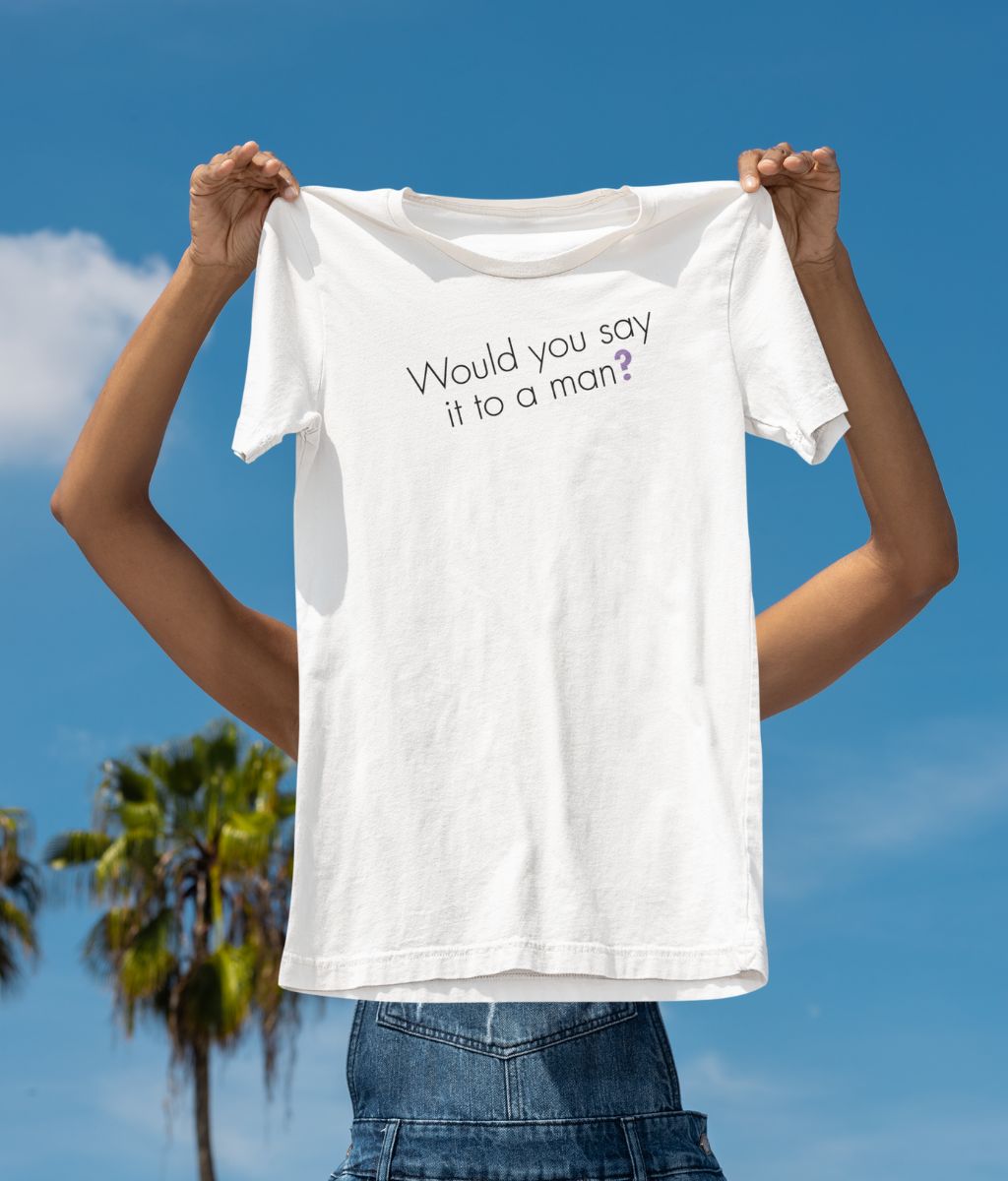
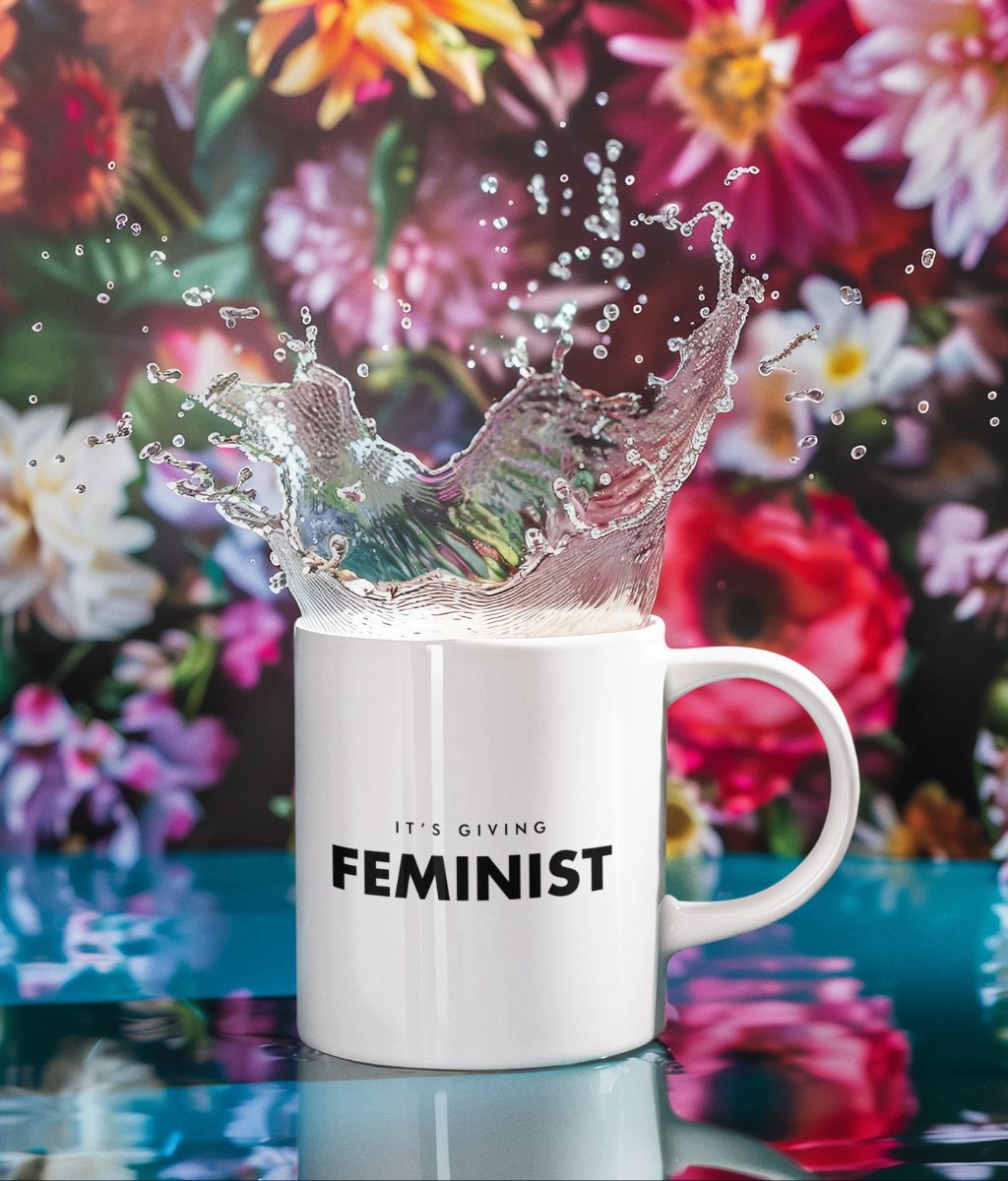

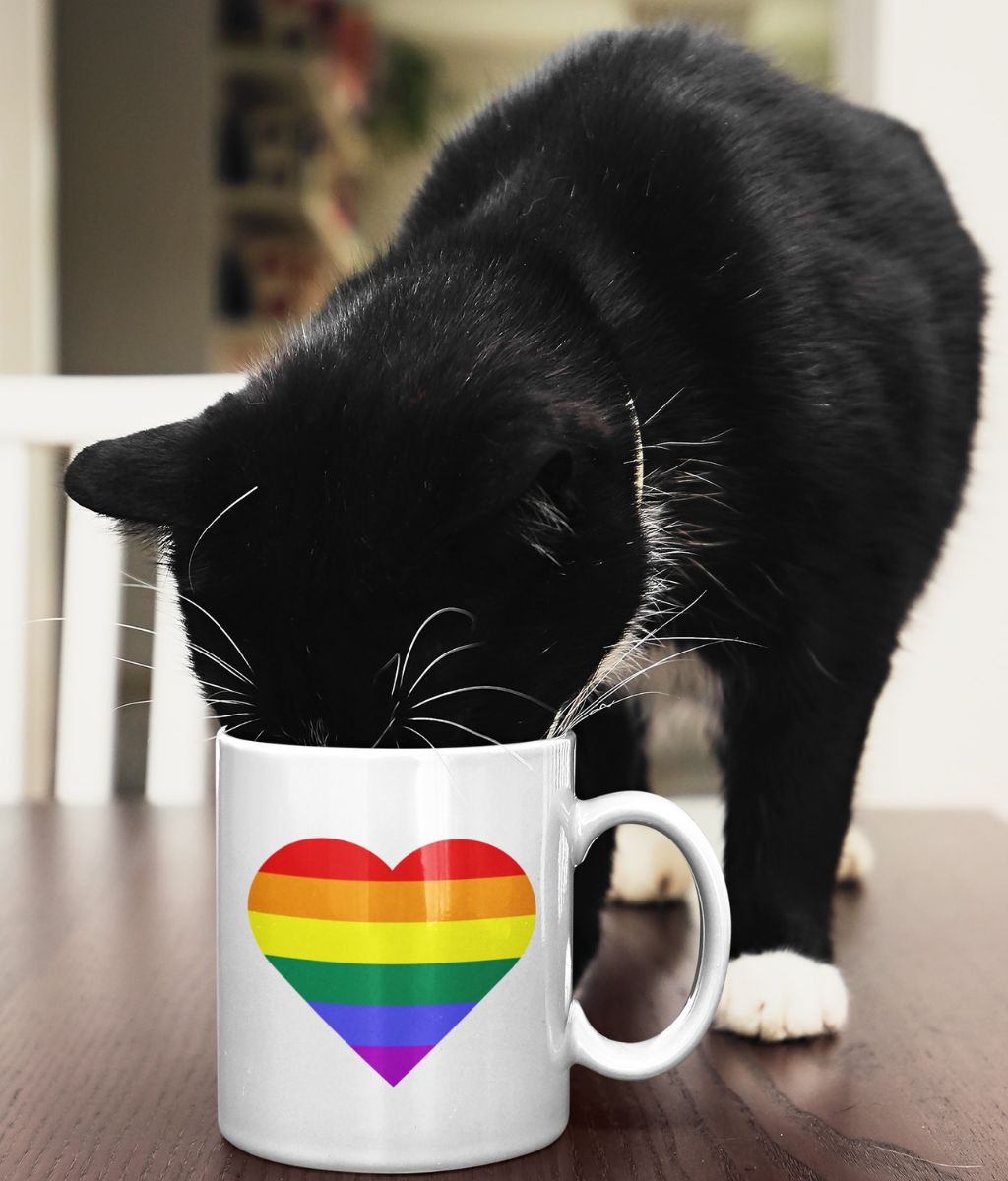
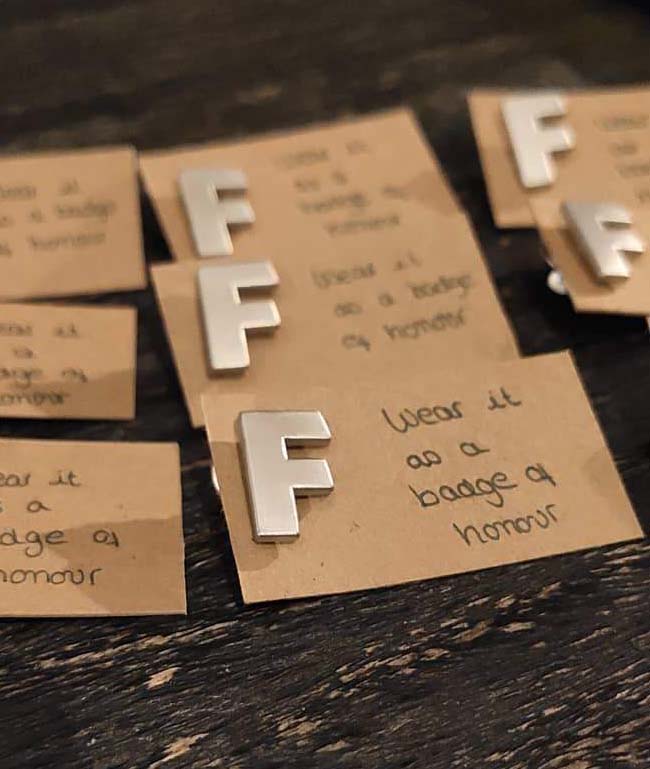
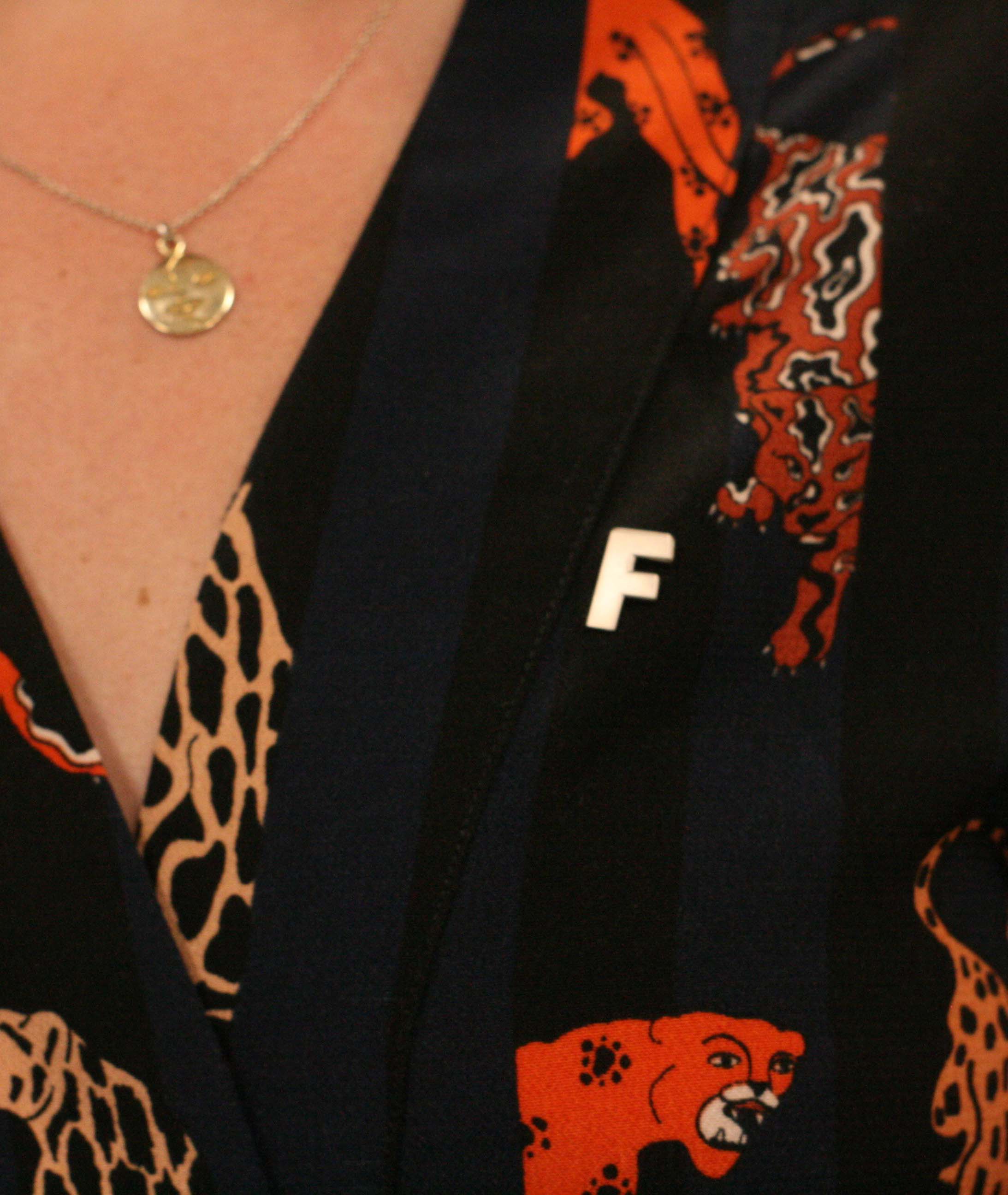
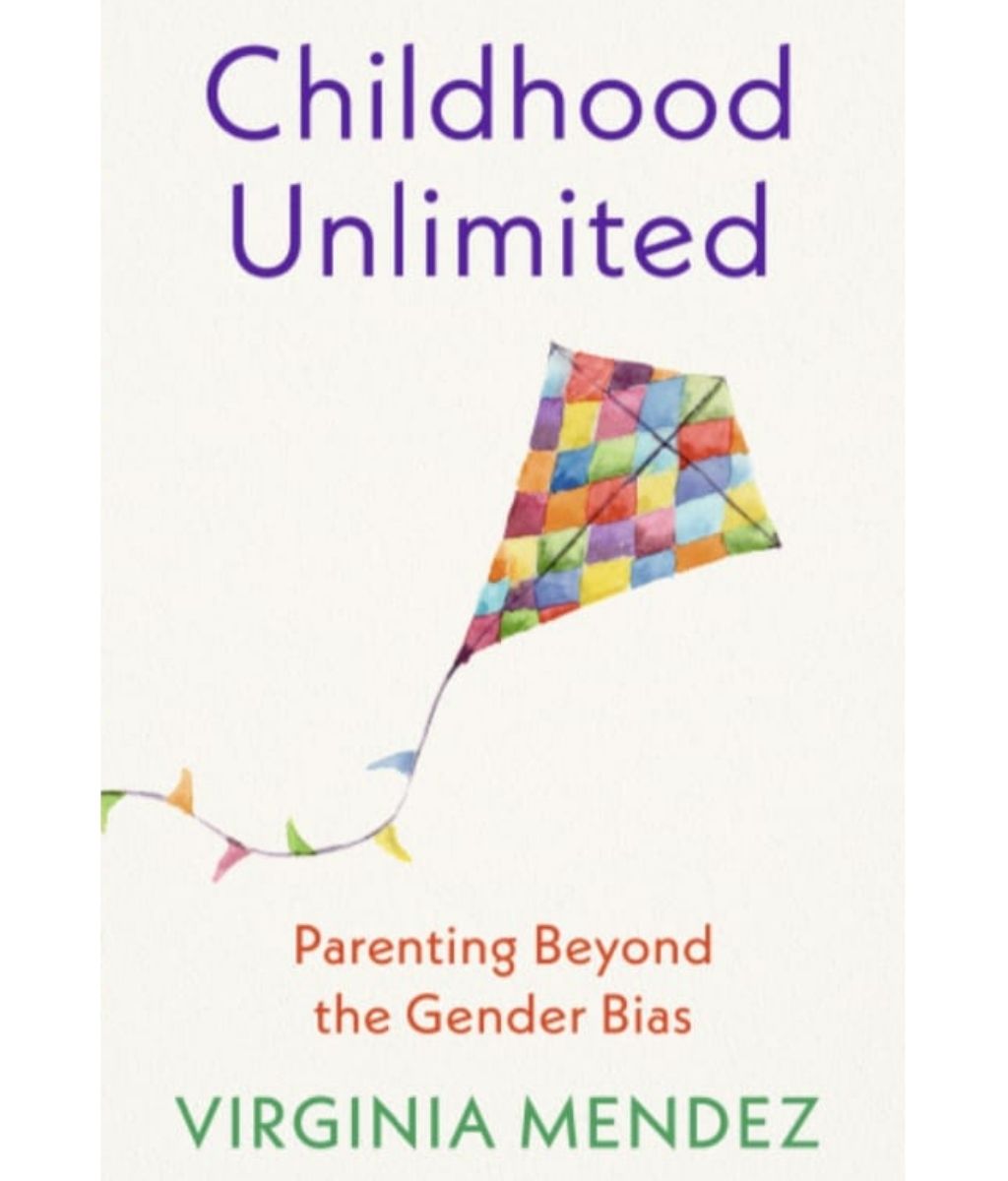
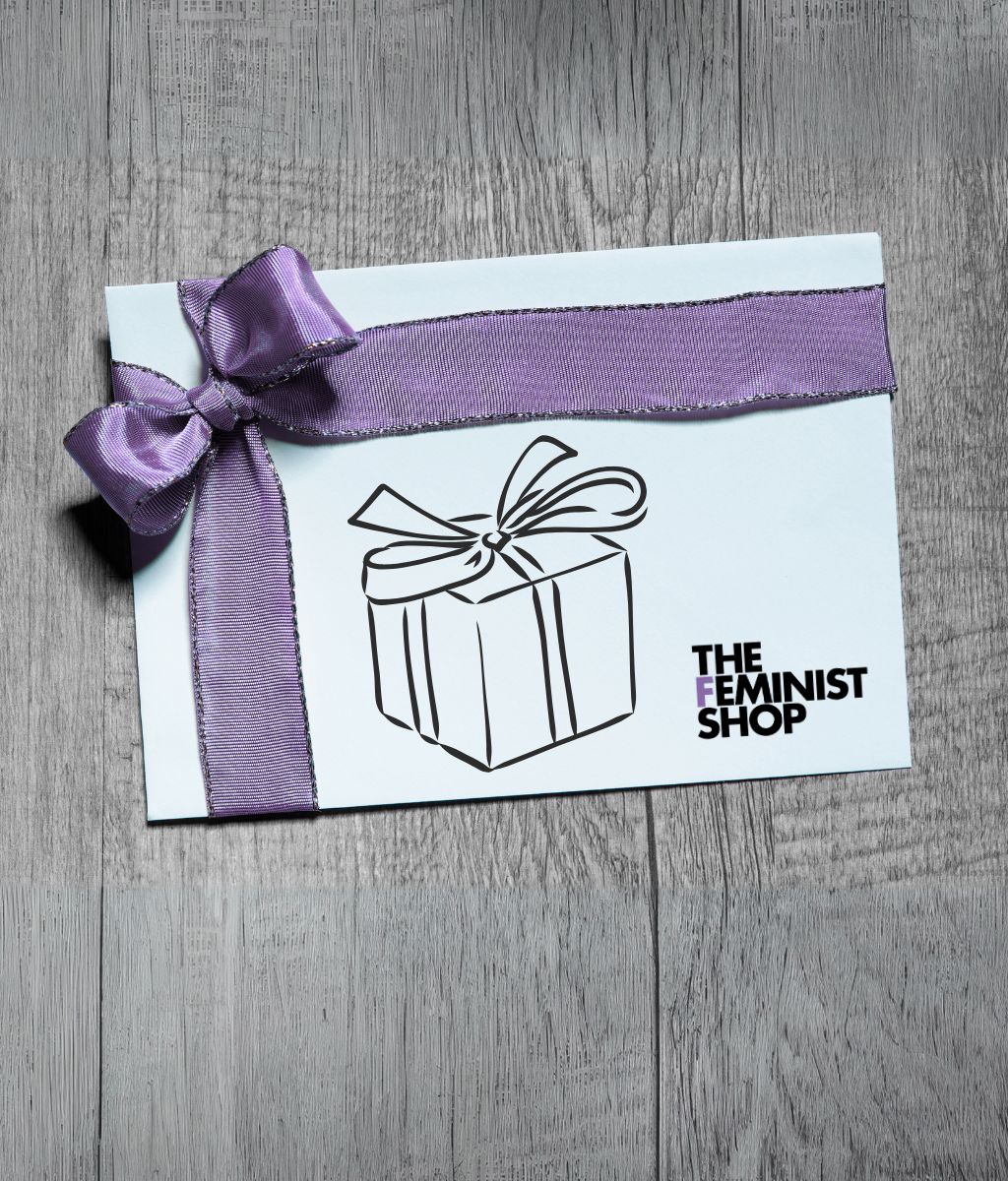
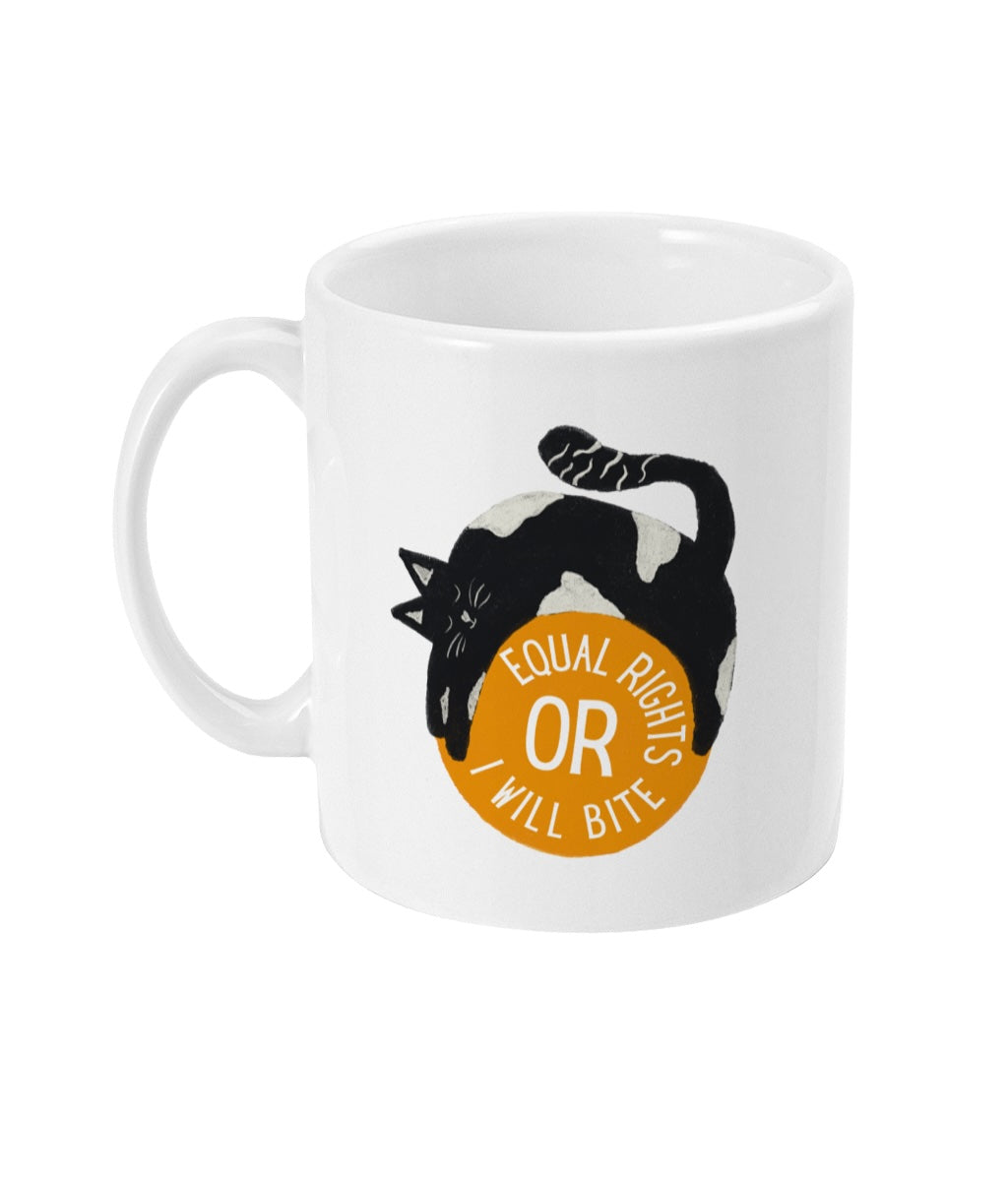
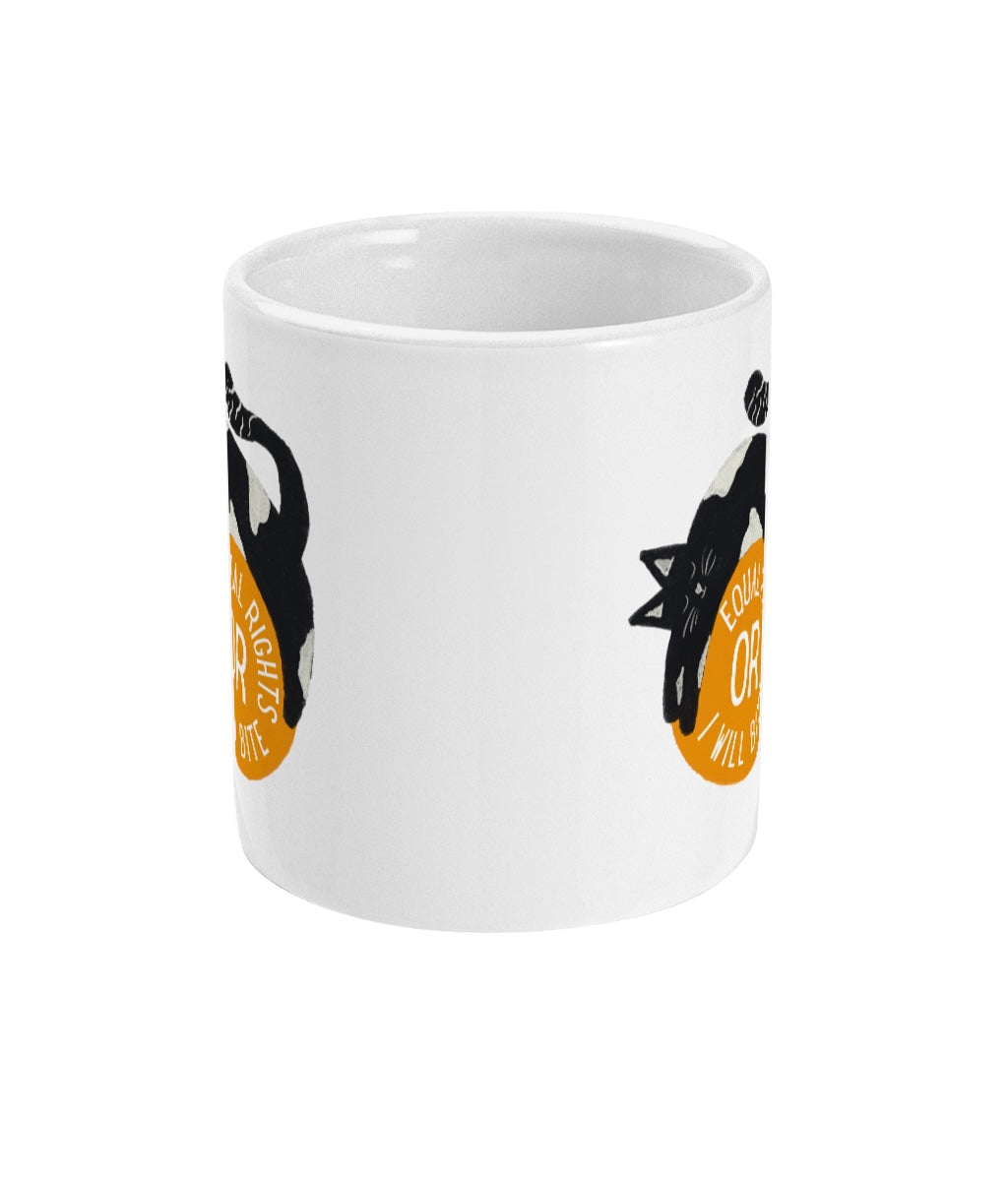
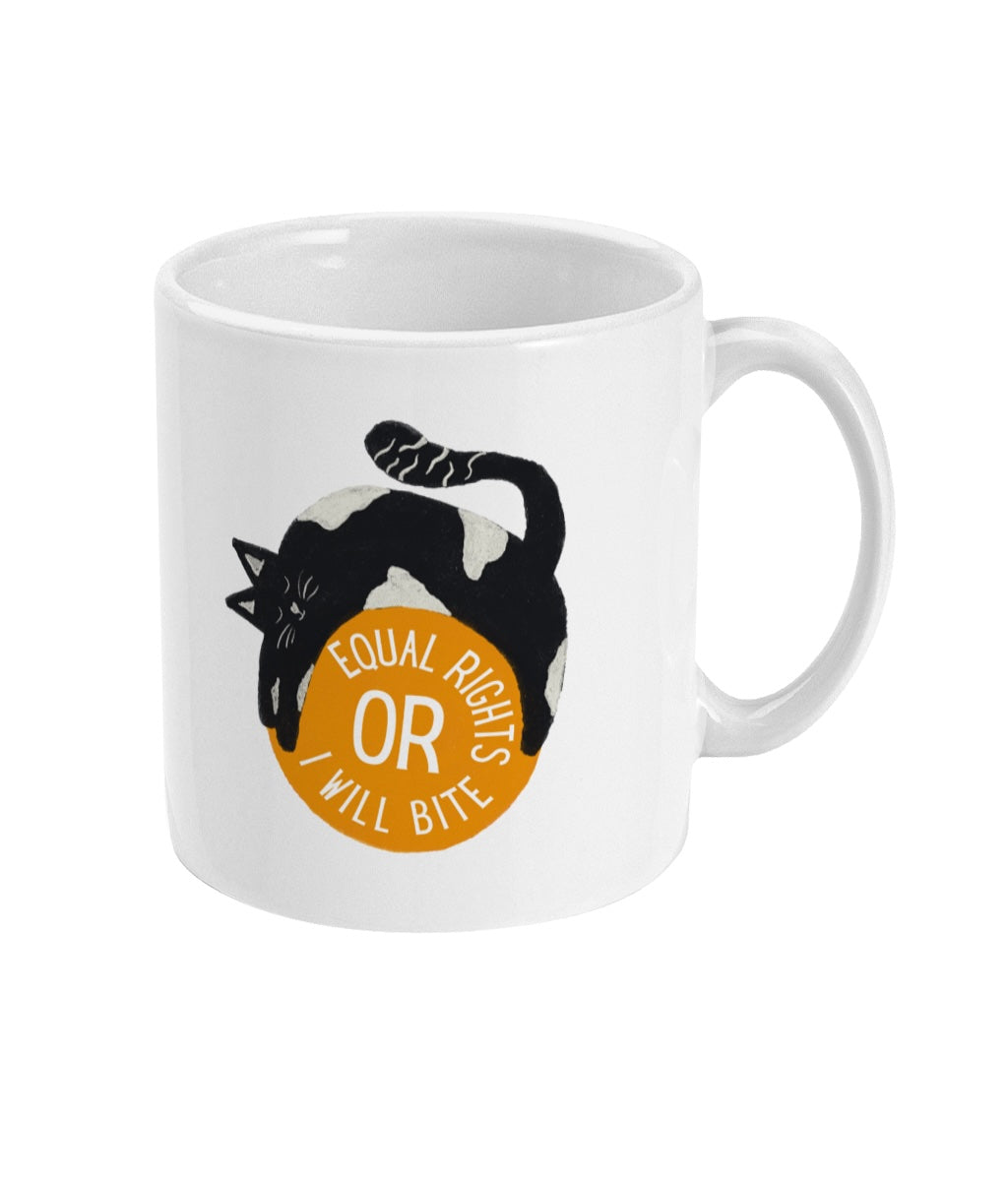
0 comments